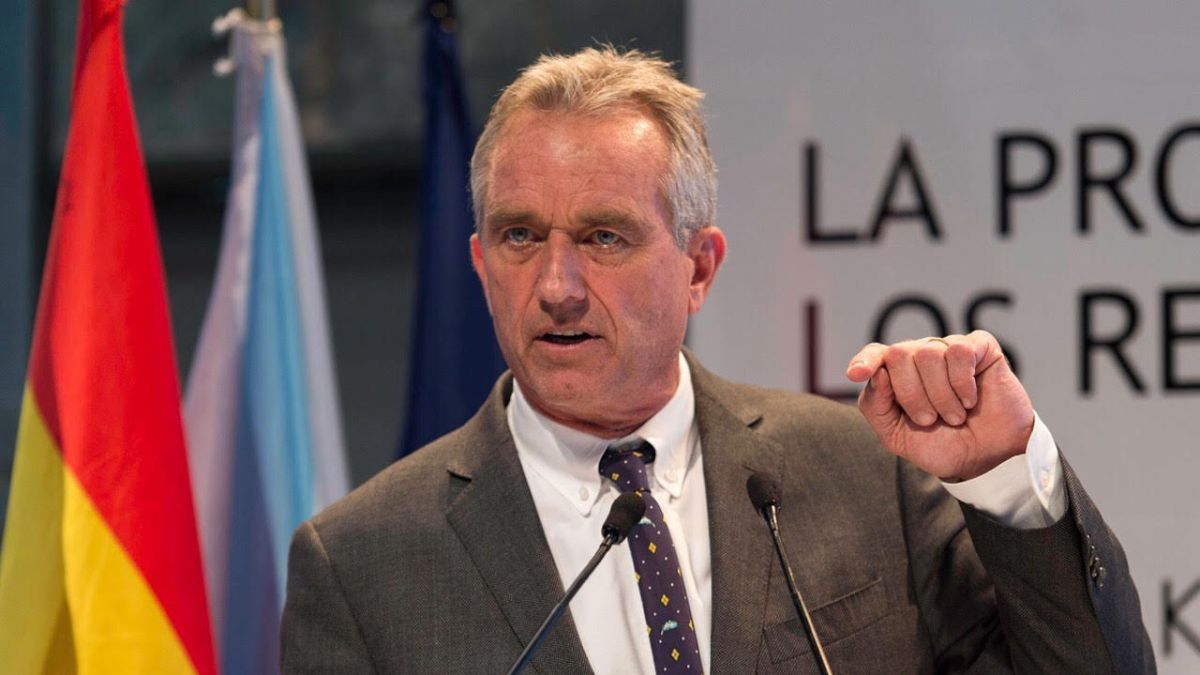While vaccines are more effective than ever, political polarization is at an all-time high as vaccine-preventable diseases spike under the new administration.
This comes as Health and Human Services Secretary Robert F. Kennedy Jr., fired all 17 members of the Advisory Committee on Immunization Practices (ACIP) and appointed a new slate on June 11, many of whom are vaccine skeptics.
Last month, Kennedy pre-empted the old advisory committee’s expected recommendations, declaring that only older adults over 65 and those with co-morbidities would be eligible to get Covid-19 vaccinations. He struck pregnant women and healthy children off the list of those who are eligible.
In a statement issued June 9, Kennedy said “A clean sweep is necessary to reestablish public confidence in vaccine science … ACIP’s new members will prioritize public health and evidence-based medicine. The Committee will no longer function as a rubber stamp for industry profit-taking agendas.“
The move was made amid a surge of vaccine-preventable diseases such as whooping cough and measles.
As of this month, the CDC has reported over 8,000 cases of whooping cough — double the number of cases from last year — while 30 states are experiencing outbreaks of measles. The disease was thought to be eradicated 25 years ago, but 1,024 confirmed cases have been reported this year, according to data released June 8 by the CDC.
At a May 29 American Community Media news briefing — ahead of Kennedy’s firing of ACIP advisors — Dr. William Schaffner, professor of medicine in the Division of Infectious Diseases at the Vanderbilt University School of Medicine, said vaccines at large have picked up a “political veneer,” despite the fact that billions of doses have been delivered around the world.
“Vaccines and vaccination programs have reduced or eliminated many diseases in the United States population that used to be common,” he explained, lauding the near-eradication of polio, chickenpox, diphtheria, whooping cough, neonatal tetanus and measles.
But as diseases are reduced through vaccination, knowledge of them by new parents has also decreased, Schaffner noted: “This has led to more questions, hesitancy, skepticism, and even an anti-vaccine movement, resulting in the withholding of children or postponing children from vaccination. This means there are more children, especially very young children, susceptible to these diseases.”
He expressed hope that parents would follow guidelines set out by the American Academy of Pediatrics and the American Academy of Family Physicians, which recommend comprehensive vaccination.
Dr. Benjamin Neuman, professor of biology at Texas A&M University, said that Kennedy’s recommendations were not based on the science.
“Infectious disease has been a big problem for this country in the past. It has held us back considerably and may again in the future,” he continued. “The current push to limit access to vaccines is essentially going against what will make America stronger.”
“This is something that doesn’t have any scientific support behind it and is puzzling on a scientific level,” said Neuman. “Scientists, which I consider myself one, are in the reality business. We are not in the business of hopes or dreams or anything else which plays a big part in politics.”
“And right now, there is no good reason for the pushback against vaccines at least on a scientific level. All of this is coming from another sphere, and it’s a sphere where data and graphs and scientific studies do not seem to penetrate particularly well,” he added.
Schaffner said he expects to see a rise in vaccine-preventable diseases if Congress passes the “big, beautiful” spending bill, which will slash the Medicaid budget by $780 billion.
“One of the wonders of the U.S. vaccination program until now has been that we have essentially eliminated disparities by race, urban rural location, by ethnicity and by language because we have provided vaccines for all children. If this erodes, if this changes, we will go back to the bad old days,” he said.
Neuman said he expects to see a rise in vaccine-preventable diseases around the globe, after the shutdown of USAID and a pullout of funding to Gavi, the Vaccine Alliance.
The US was the largest funder to Gavi, contributing about 13% of the organization’s overall budget. Gavi is credited with vaccinating 75 million children around the world annually.
Neuman added that as a result of these federal cuts, the accuracy of vaccine efficacy will be diminished.
“Testing has to be done in places where the virus is endemic, because otherwise you can’t get an accurate test of whether the vaccine works,” he added. “You can put it into as many healthy people as you want. But if you’re in a place where there is no risk from a particular pathogen, you can’t know the effectiveness, only the safety.”




